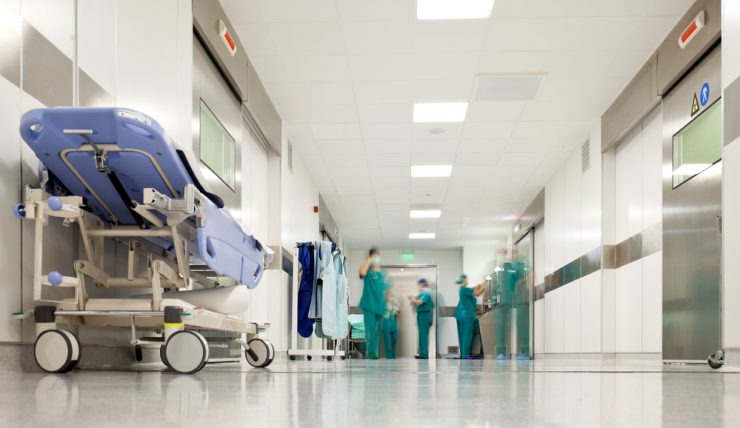HEART LUNG TRANSPLANT RECOVERY
After the surgery is performed the person is shifted to the cardiothoracic intensive care unit for a constant close monitoring of the functions of the new heart-lung transplanted into the body. After the transplant samples of the tissues and cells are taken to detect any signs of rejection of the new organs by the body, as there is always a possibility of the body fighting against the new organs. Before and after the surgery the person is put on Immunosuppressant medication to prevent the body from trying to reject the new organs.
When the effect of the anesthesia is over and one regains consciousness, the person will be put on painkillers and anti-sickness to counter the feeling of discomfort and pain along with a strong feeling of nausea which is very likely after the surgery. The observation and recovery period may last for two to three weeks in the hospital.
Once discharged from the hospital, there will be a lot of emotional moments of joy of getting back home. When one starts making the adjustment required for the new lifestyle with the new heart and lungs functioning in the body it is natural to get depressed a little for example the person may have left the job etc., It is always better to share the experiences and feelings with persons who have gone through the same process and take advice from the support groups.
Similarly post operative hospital visits will continue for several months for medical check ups of the heart an the lungs to detect any signs of infection or rejection. Similarly a number of prescribed medicines will also continue and immunosuppressant medicines may continue lifelong. Even if there are certain side effects like hair loss, weight gain, bleeding gums or dry skin due to the medicines, do not discontinue the medicines and consult the doctor who may then either advice any method to deal with the side effects or the dosage may be adjusted.
ORGAN REJECTION RISK
The risk of organ rejection is reduced by transplanting the donor organs only if they are suitable for which various tests are conducted including screening the blood for antibodies, similarly care is taken that the weight and size of the organs to be transplanted are similar to the organs of the patients. As a result the transplant success rate has tremendously improved over the years and one year after the surgery the success rate at present is around 85%.
HOW TO FIND HELP FOR HEART-LUNG TRANSPLANT
The entire process of first finding out that a transplant is required, then the wait to get a donor organ which is suitable and after that the changed lifestyle and the process of recovery are very demanding emotionally for the person and the family which may lead to depression, therefore it is advisable to talk to the doctor and there may be a need to take the help of a counselor who will advise on how to get in touch with a support group. Networks for Transplant Support can also be contacted who will further guide and help.
Heart – Lung Transplant-Part II

Let us know if you liked the post. That’s the only way we can improve.










